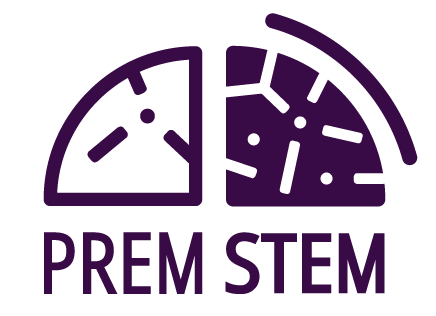What is your area of research specialism and what attracted you to it?
My research focus is to unravel the pathophysiology of perinatal brain injury and to develop novel therapies for the improvement of neurodevelopmental outcomes for neonates suffering from perinatal brain injury. I have always been interested in human brain development and am especially intrigued by the extraordinary vulnerability of babies during pregnancy, which is often taken for granted.
What has been your proudest research accomplishment so far?
Successful longitudinal follow-up of preterm lambs exposed to perinatal inflammatory stress which is a cornerstone of the PREMSTEM project.
What is the most important question you want to address in your research?
What are the long-term effects and underlying mechanisms of H-MSC therapy on neurodevelopmental outcomes in preterm sheep?
What is your lab’s role on the PREMSTEM project?
Our lab specialises in characterising organ development, injury and function in ovine models of perinatal inflammatory stress leading to adverse organ outcomes. We will longitudinally test H-MSC treatment regimens and apply multiple clinically relevant diagnostic tools including MRI and gait analysis.
What is innovative about PREMSTEM? Why is this research important?
The PREMSTEM project envisages a cell-based therapy that is ready for clinical use. The key to PREMSTEM’s success is that all researchers within this consortium realise that we can only achieve this by working together. Each group has specific qualities that are complementary to each other. The unique mix of scientists will help bridge the translational gap between positive scientific outcomes and successful clinical implementation of the stem cell therapy.
What is the most significant outcome you hope PREMSTEM can achieve?
The PREMSTEM project aims to provide a safe and effective therapy for perinatal brain injury in preterm infants. Reducing the disease burden in these vulnerable patients will improve the quality of life of children and their carers, and have a great impact on the society.






